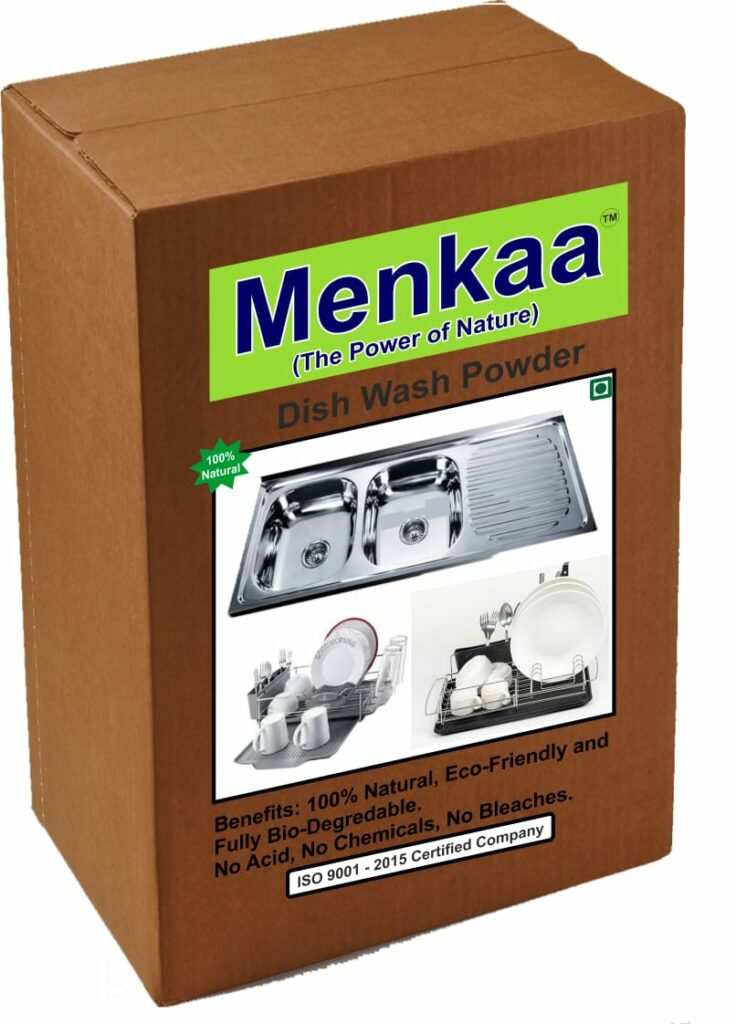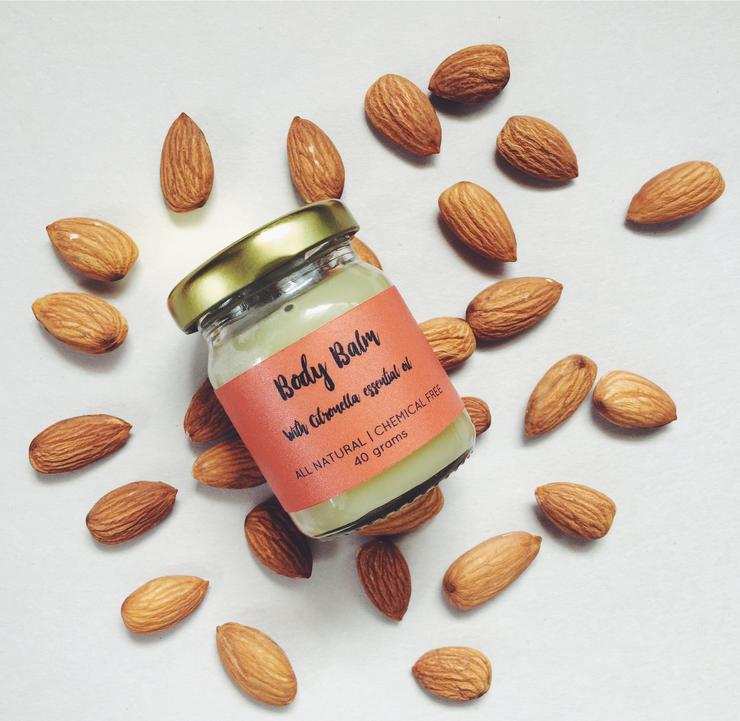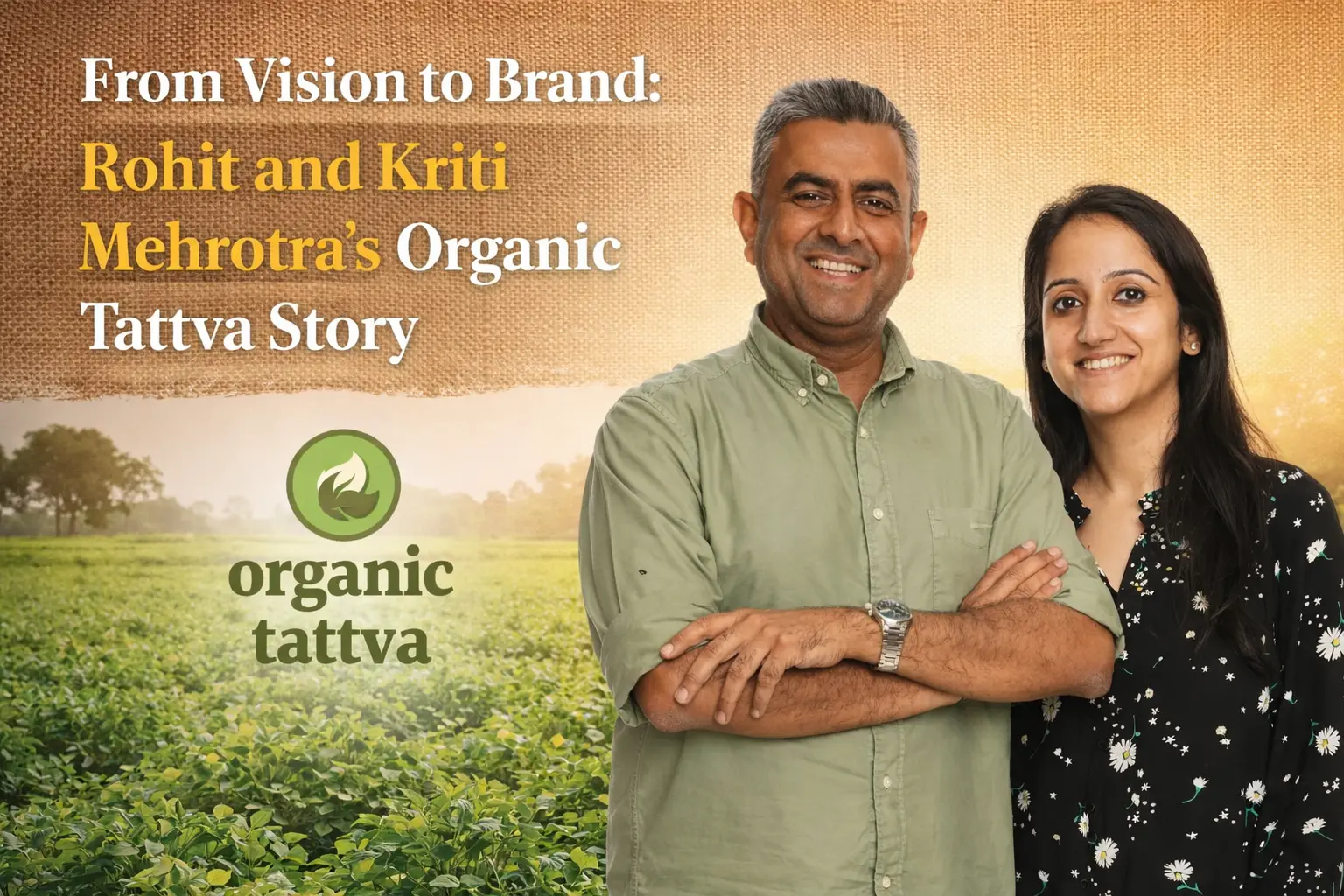Bioroots
Kamayani Tiwari, the founder of Bioroots, is an enthusiastic minimalist and ardent nature lover. With her zero-waste shop, she is in a bid to put a check on the circulation of single use plastic in India, and make conscious living a daily habit. Surela Chakraborty gets chatting with the entrepreneur…








bioroots founder
Zero waste stores are fast gaining traction in India as a viable option that provides eco-friendly alternatives to plastic in items of daily use. What makes them really different from retail outlets and e-commerce stores is how they meticulously package their products attractively in non-plastic alternatives. Their catalogues are only lined up with chemical free, organically sourced items, be it food grains or cosmetics. A zero waste store is not only about promoting minimalist conscious lifestyle but ethical business practices. This implies collaborations are only made with organizations that do not exploit their labor force and natural resources during production, follow fair trade practices and contribute towards the betterment of society.
While reducing carbon footprint is the aim of such stores, they also directly help small businesses thrive. The concept of zero waste shops was initially popular in Europe, and with the rest of the world now catching up, entrepreneurs such as Kamyani are leading this charge in India.
In a candid interview, Kamayani reveals what inspired her to take a leap of faith and how she plans to make zero waste store the future of the retail scene in India one step at a time…
How did you come up with the idea of starting an online zero waste store?
KT: I have been silently following minimalism for more than one and a half years, but I never forced people to do it. A point came when I thought it was important after reading up on what is harming animal life and speeding up global warming. The penny really dropped when days after ganpati visarjan I saw statues just lying around roads and waterbodies. They were made of non-biodegradable POP. A lot of other factors contributed too, and I wanted to simply write a registrar or a blog on sustainable products. It was only after rigorous research that I discovered there was no one place for all of them. So, I simply created one.
Online-only stores is a concept that is slowly picking up in India. How challenging was that process for you?
KT: Though the idea is picking up and physical stores are simply amazing, not everyone has access to zero waste stores nearby, with our zerowasteshop.in we reached corners of India, including small towns with simply no waste generated.
How do you come up with ideas to curate products both for daily use and luxury items which are organic and chemical free? What are your criteria to choose such partners or sellers who make these products?
KT: We believe in ethical business; we are not a money-driven business. While Zerowasteshop India has big brands, we also have small brands which are new and emerging. We want to provide products for all kinds of budgets and hence we have products such as soaps ranging from Rs. 80 to Rs. 300. We must check most products in our store ourselves. We help our brands or sellers with packaging, and even with R&D on plastic free packaging, if they are curious. We support small NGOs who work with specially-abled people and local artists and most of it is not profit-based work.
This pandemic has been especially tough on small businesses, and since you started up just last year, how has the traffic been on your website?
KT: March-April was quite harsh, and then with the complete lockdown, we hardly got any orders and we had to cancel them due to lockdown and people were not willing to wait. I was lucky enough to be able to sustain and be patient during this time.
With many zero waste stores coming up, do you think there has been a steady increase in awareness amongst people to opt for a more environment-friendly product?
KT: When we started, there were manufacturers, but there were no zero waste stores online. That has changed in the last few months, and it is quite heartening. It only means that people are now shifting and accepting a lifestyle once considered too complex to live. There is still a stigma around eco-friendly products being too costly, but that is not true. We have products which are the same as the cost of a plastic alternative like our coir scrub pads, face wash, shampoo bar, skincare, among others.
As a young start up how are you planning to expand your product line in the years to come, as you have mentioned the focus is more on creating a better planet than just profit?
KT: Money is important, but like I said before, we do green business, and the planet always comes first. For instance, for every order shipped, we spend an amount based on the CO2 emissions and donate to our carbon offsetting partner, pachama.com. That cost isn’t put on the customer, but is directly paid by us.
We educate and encourage today’s youth towards waste segregation. Providing tools to schools and organisations is our upcoming project.
As a team you make a conscious decision to choose eco-friendly packaging for your products, can you elaborate on how to try to choose plastic-free packaging?
We do a lot of research. Initially, some of our brands were not into the idea of plastic-free packaging, but we were able to encourage them with viable alternatives. We do a lot of R&D with minimal packaging. We send only digital invoices, our packaging is all newspaper and waste paper out of some other packaging, compostable packaging, twigs, jute strings, paper tapes and envelopes.
- It is pretty simple, if you are aligned towards sustainability, we are here for you, no matter how small or big you are.
- It is such a wrong perception that eco-friendly products are costly. I switched to all reusables and ditched single use products which I would throw away after every use. I use a shampoo bar and conditioner which lasts more than a month and costs only Rs. 270 and a face wash that puts me back only by Rs. 130. I understand money is important, but if you really think about it, a minimal lifestyle saves a hell lot of money. It did for me, at least.































